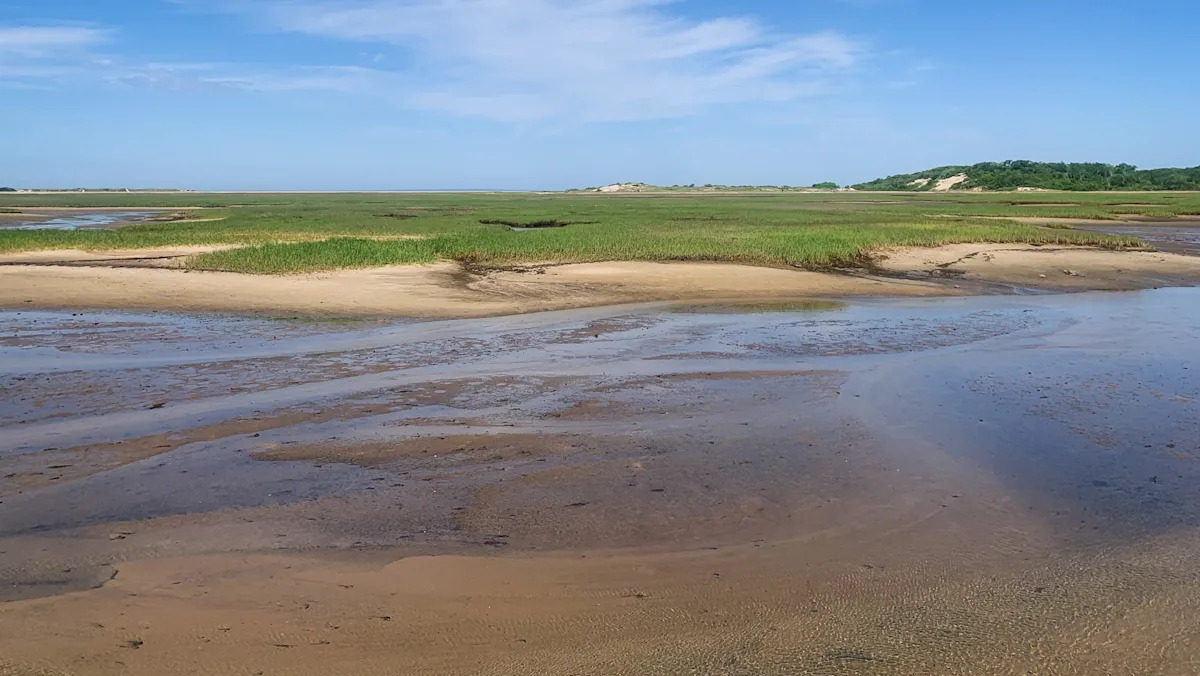Spotting a manatee swimming in the cooler waters near Cape Cod is a rare sight that you’re unlikely to forget anytime soon, but a recent appearance has wildlife experts concerned.
While seeing these gentle creatures can be a thrill for onlookers, finding these warm-water mammals so far north is unusual. It’s likely an example of how rising ocean temperatures are luring them into northern waters that can become dangerously cold in the fall.
What’s happening?
The Boston Herald reported that a manatee was recently sighted off the coast of Mashpee, Massachusetts, near Popponesset Bay. Community members quickly contacted authorities, prompting a quick response from wildlife experts.
In a statement cited by the Herald, a spokesperson for the International Fund for Animal Welfare praised the locals, saying, “Manatee sightings in this region are uncommon, and we are grateful to members of the public who promptly reported the initial stranding.”
The spokesperson also confirmed that the animal was able to return to deeper, warmer water on its own and was later observed swimming around and looking quite lively.
Why is this concerning?
The warm water that entices manatees to swim north could be a deadly trap.
Nadine Lysiak, a research scientist in the New England Aquarium’s Anderson Cabot Center for Ocean Life, explained the core problem to the Boston Herald: “It’s rare to have manatees this far north, and the fear is that they will become cold-stunned come cooler fall temperatures.” For a manatee, those conditions can be fatal.
Even if a manatee avoids the cold, it faces a gauntlet of other threats. The Center for Biological Diversity lists boat strikes as a constant danger for these slow-moving animals. Worse still is the loss of their food source.
The Florida manatee, in particular, has been hit hard by pollution-fueled algae blooms that, along with the poor water quality itself, wipe out the seagrass they need to live. In one devastating event in 2021, many of the roughly 1,100 manatee deaths in the state were attributed to starvation.
What’s being done to help?
Thankfully, this isn’t a hopeless situation. Dedicated people are on the front lines working to protect these animals.
In Florida, for instance, marine officials recently performed a dramatic rescue of a manatee injured by a boat. But the most powerful allies for manatees are everyday people on the water.
Simply obeying posted speed zones in manatee habitats and using propeller guards can prevent the terrible injuries caused by boat strikes. Supporting conservation groups and advocating for policies that keep our waterways clean help ensure these gentle giants have a safe and healthy future.
Join our free newsletter for good news and useful tips, and don’t miss this cool list of easy ways to help yourself while helping the planet.

